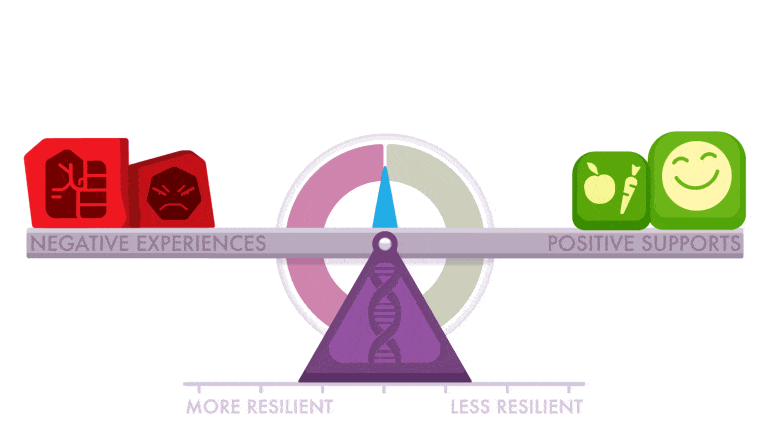In an increasingly tumultuous world, the concept of resilience has gained considerable traction within various communities. The Baha’i teachings, with their emphasis on unity, compassion, and the collective advancement of humanity, offer an invaluable framework for fostering resilience in communities. This discourse delves into the Baha’i principles that support the development of resilient communities and highlights the interconnectedness of individual and collective resilience.
The Baha’i teachings underscore that society is replete with challenges that can either engender despair or inspire collective strength. Humanity’s collective ability to face adversity is premised upon a profound understanding of interconnectedness—a notion that root social upheavals often stem from disunity. By promoting the oneness of humanity, Baha’i teachings inherently advocate for cultivating resilient communities able to withstand and respond to crises, thereby engendering a culture of support, solidarity, and mutual growth.
One foundational tenet of the Baha’i faith is the integration of spiritual and material welfare. This duality recognizes that a community’s resilience is contingent upon both its spiritual fortitude and its material well-being. Spiritual education equips individuals with the ethical frameworks and moral rectitude necessary to navigate life’s vicissitudes. Moreover, when individuals are spiritually nurtured, they collaboratively contribute to a community ethos that prioritizes the welfare of all its members. Such synergies foster a robust social fabric, thereby enhancing the community’s capacity to endure hardships.
Moreover, the Baha’i teachings advocate for a systematic approach to building resilience through education. Education, in the Baha’i context, is not merely a means of acquiring knowledge but is construed as a transformative force. It enables individuals to comprehend the world around them and empowers them to effectuate positive change. The establishment of educational institutions that honor and celebrate diversity is pivotal in creating buoyant communities. When individuals recognize their inherent value and the esteem of their neighbors, they become galvanized toward mutual support in times of crisis.
Another salient aspect of community resilience in Baha’i thought lies in participatory governance. The emphasis on consultation—defined as a process where individuals engage openly and collaboratively to make decisions—ensures that all voices are heard. This practice not only fortifies the democratic fabric of communities but also engenders a sense of belonging and investment. When individuals participate in the decision-making processes, they are imbued with a sense of agency. It engenders a community spirit that is much needed to traverse challenging times, promoting unity and collective ownership of outcomes.
To further elucidate the essence of resilience, the Baha’i teachings emphasize the importance of service to others. This selfless engagement fosters a shared sense of purpose and connection among community members. Service acts as a conduit for developing interpersonal bonds, which are essential in times of turmoil. In moments of adversity, a community steeped in service will have individuals who stand ready to support one another, thereby catalyzing a resilient response to challenges. Serving others cultivates both empathy and solidarity, reinforcing the notion that resilience flourishes within an ethos of mutual support and understanding.
Integrating these multifaceted dimensions establishes not just individual resilience but a communal resilience that is inherently dynamic. Collective resilience embodies the ability of a community to recover from setbacks, adapt in the face of ongoing challenges, and proactively work towards improvement. The Baha’i principle that each individual is a vital part of the whole community amplifies the understanding that when individuals grow, the community thrives. This interconnected web of growth fosters a holistic notion of resilience, one that is resilient not merely in the absence of crisis but in the continual pursuit of collective advancement.
Parallel to fostering resilience is the Baha’i emphasis on the cultivation of virtue. Ethical behavior and moral uprightness are seen as cornerstones of a resilient community. Practicing virtues such as patience, kindness, and forgiveness fortifies relationships and creates an environment of trust. When trust is engendered, individuals are more likely to support each other during difficult times. This virtuous cycle reinforces communal bonds and ultimately enhances resilience, as shared moral values can lead to concerted actions in the face of adversity.
In terms of practical application, the Baha’i community provides numerous programs designed to equip individuals with the skills necessary for both personal and communal resilience. Workshops on conflict resolution, community development, and emotional intelligence are illustrative of proactive measures taken to bolster individual capabilities, enabling them to contribute more effectively to communal resilience. These initiatives highlight the Baha’i commitment to fostering spaces where people can learn from one another and grow collectively.
Ultimately, the intersection of faith, service, education, and moral integrity as espoused in Baha’i teachings offers a profound blueprint for fostering resilience within communities. As modern-day challenges abound, the urgency to build and nurture strong, resilient communities cannot be overstated. By embracing the principles expounded within the Baha’i faith, communities can not only weather adversities but also emerge stronger and more unified, exemplifying the very essence of resilience in action.
